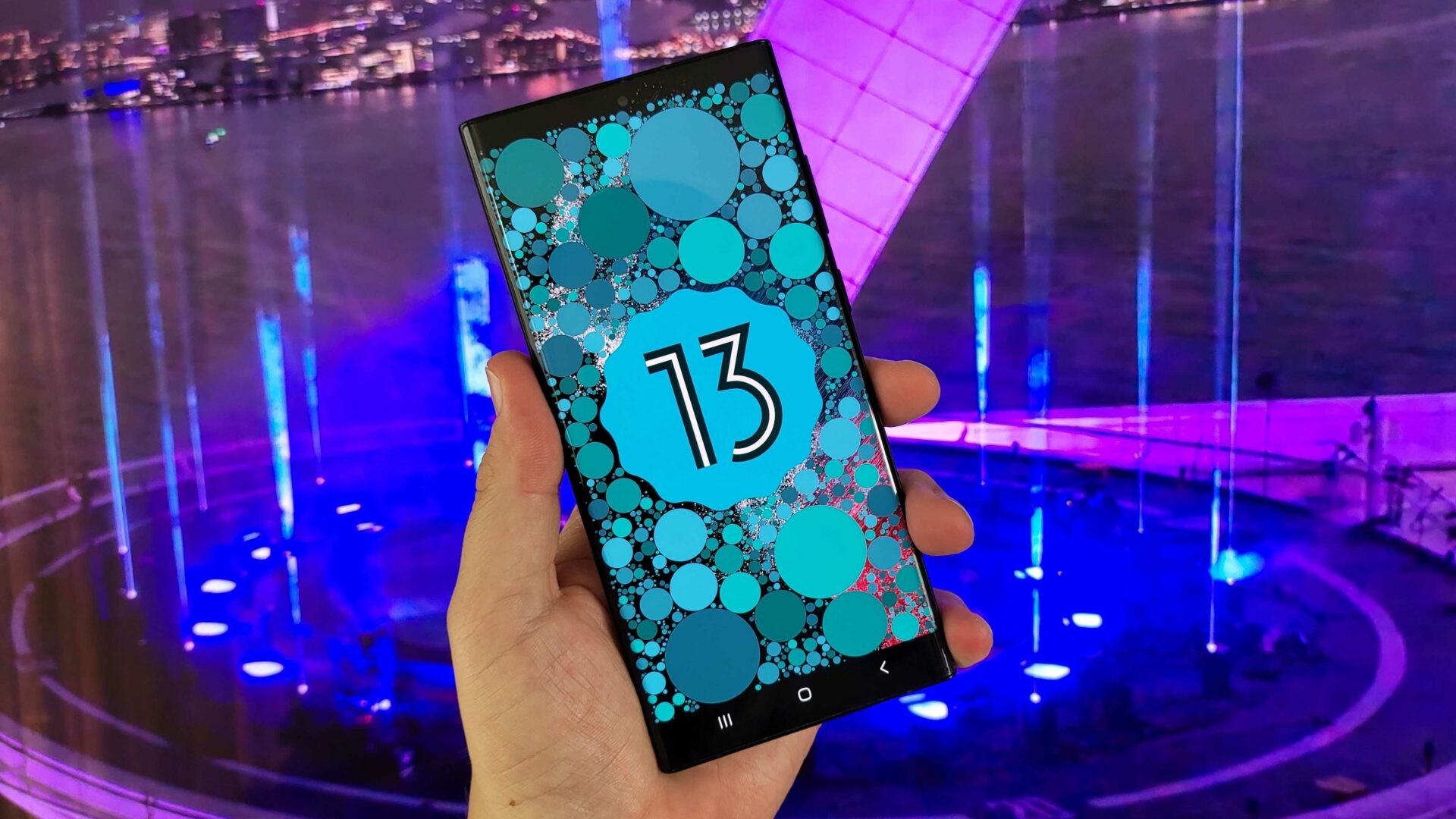It often feels that Samsung and Google have a marriage of convenience. The latter is the owner of the Android platform and obviously wants to have full control over the future of the platform. Samsung is the largest vendor of Android-powered smartphones and it has its own vision for smartphone software. However, both have been able to make it work so far without any major disputes. However, as the pressure builds up, how long could this partnership be sustained?
Over the past few years, Google has renewed its focus on Pixel devices. The Pixel flagships it releases every year are meant to showcase the perfect Android device. These devices run stock Android, which is something many customers who are Android purists really love. Some of them would go so far as to say that every Android smartphone should be running stock Android. Google doesn't subscribe to the same thought process, however, a wholesale shift to stock Android is going to pose a serious problem for Samsung.
The company has always slapped its own user interface on top of the Android OS. It has done that for a long time. This custom skin has been known by many names, TouchWiz and Samsung Experience are just two examples, and it's now called One UI. Samsung has invested a lot in developing One UI from the ground up to show what the perfect custom Android skin could look like.
One UI is considerably more user friendly compared to stock Android and also offers a plethora of additional features. Even Google is known to take inspiration from One UI features for major Android OS upgrades. However, Samsung isn't immune to calls from Android purists who would want to see Galaxy devices running stock Android. This brings back memories from 2015 when Samsung launched the Galaxy S4 Google Play edition with stock Android.
Many Android purists point to that as a precedence and say that if Samsung did it once in the past as well, there's nothing preventing it from opting to launch a stock Android-powered Galaxy smartphone now. While that may be the case, these are different times. Samsung's custom skins no longer exist in a silo. One UI is all about creating a Samsung-powered ecosystem of smart devices. New Galaxy devices with stock Android won't be able to take full advantage of the Samsung ecosystem, which is not something that the Korean manufacturer will appreciate.
It's also important to note that it's not like the Pixel flagships are stealing away any major market share from Samsung. The Galaxy flagships have attained legendary status whereas Pixel sales are so low in comparison that they probably don't even feature as a blip on the company's financials.
How many Samsung Galaxy device owners do you know that have made the switch to a Pixel smartphone? Most customers that buy Galaxy devices do so because of the vastly improved specifications. However, many of them do appear some unique features and functionality that only vanilla Android can provide. So the question then becomes, is Samsung the problem here or Google really wants to push its own hardware?
Google may own Android but it remains an open source project. The company has been expanding its capabilities significantly over the past few years. In recent years, though, the changes haven't been that groundbreaking and it's a legitimate concern now that perhaps in as little as five years all Android smartphones will look the same, at least as far as the UI is concerned.
For things to reach that penultimate level, Google would have to be Samsung's biggest problem and vice versa. Then about it. It's never smart to have two captains trying to run one ship. Since both are crucial to the future of Android in their own ways, Google as the owner would prefer to exercise total control over Android whereas the biggest Android licensee would want to have a say in how the future of Android is shaped.
It's evident that something needs to give here as this partnership will be unlikely to sustain if the situation worsens. Ideally, Google should give up its pet project of Pixel smartphones and stick to improving Android to the best of its abilities. For Samsung, there's a radical proposal that envisages the return of Tizen OS, but there's very little if any chance of that happening.
One can hope that ultimately, it's the end users that end up benefitting from this battle. It also serves as a reminder that this is one of the reasons why Apple is one of the biggest players in the mobile industry, even though it's far from perfect. Its control over both the software and the hardware enables it to move fast and quickly make decisions that have a positive impact on customers' lives.
Ultimately, it also shows us that Google and Samsung's marriage of convenience, that has the open-source platform as its foundation, may be developing cracks. How long it lasts before it all crashes and burns remains a mystery for now and one can hope that the outcome can be avoided entirely.







